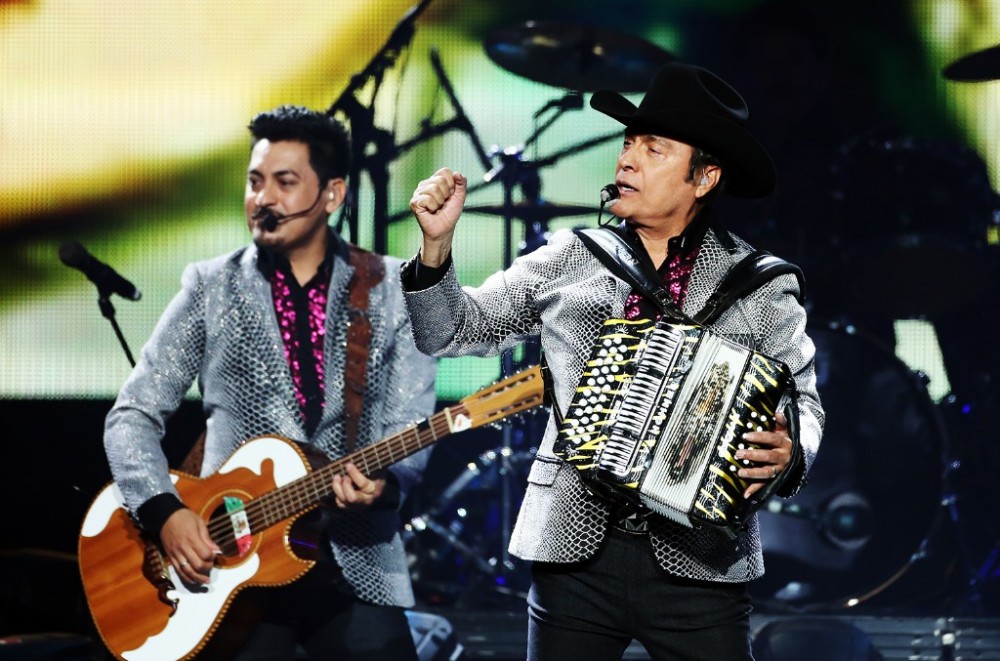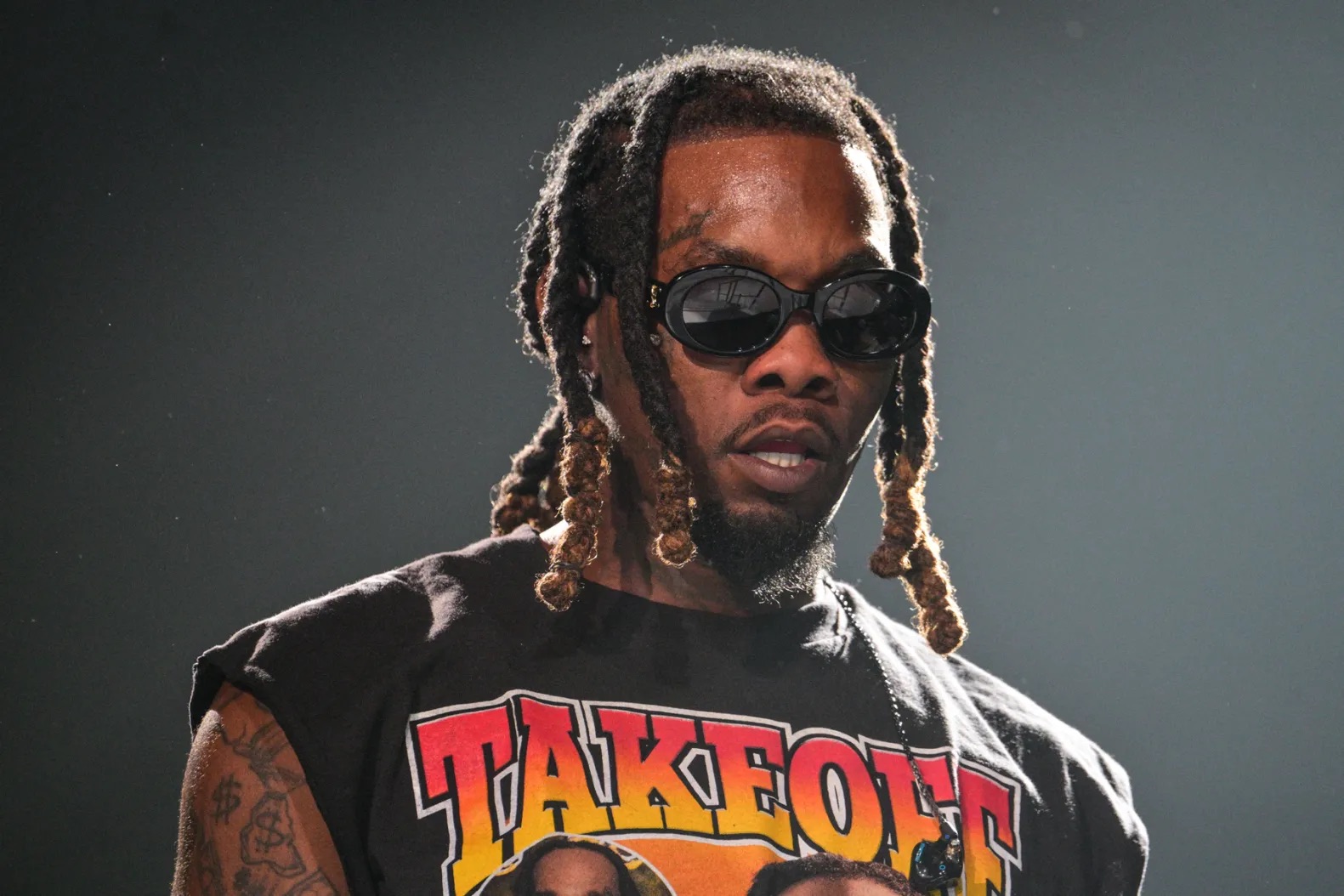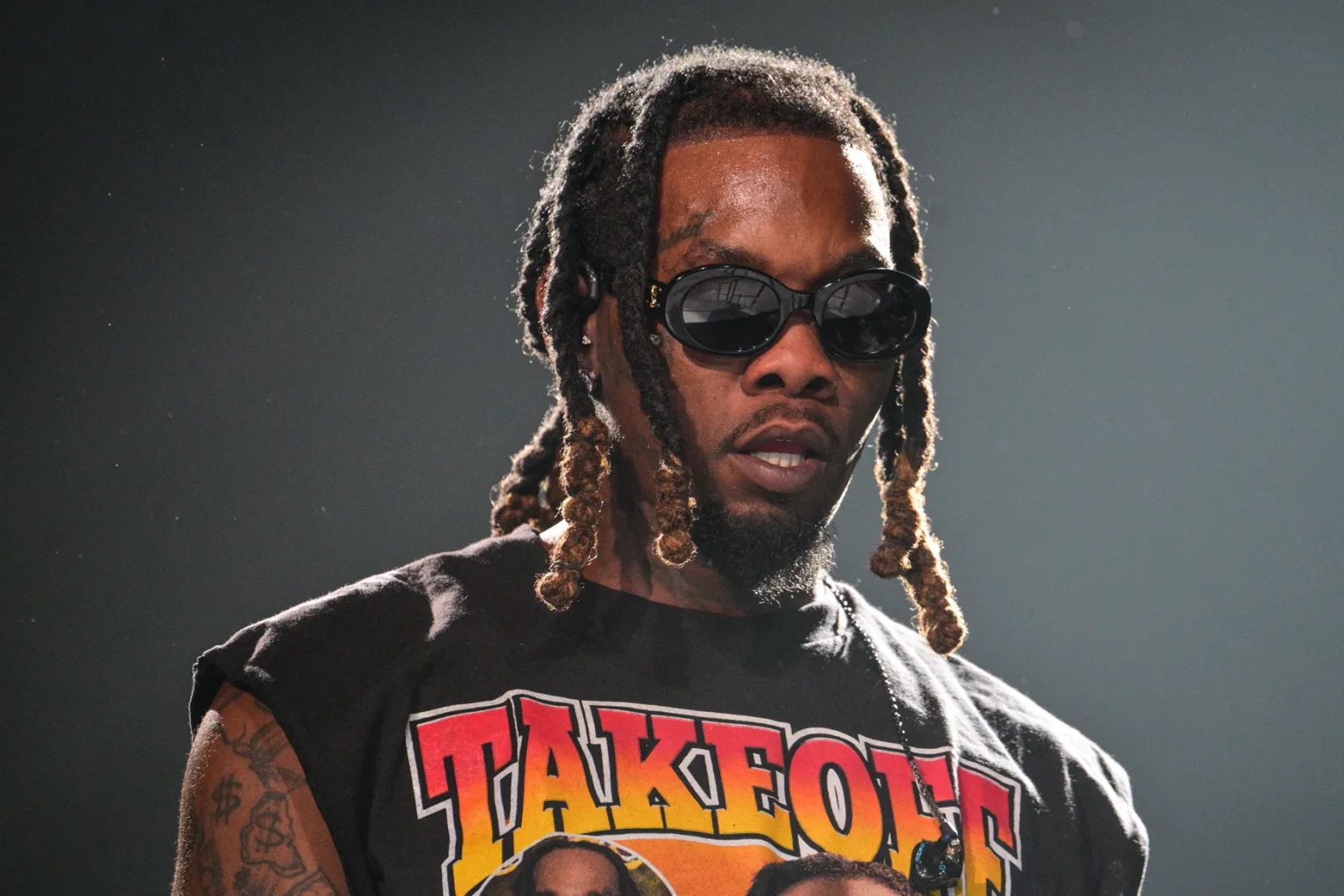Known as la voz del pueblo, or the voice of the people, Los Tigres del Norte has consistently spoken out against issues that directly impact the Latinx community.
Through lyrics, documentaries and activism, the norteño band, whose career spans over five decades, has explored topics like immigration, gun violence and most recently, cash bail reform.
This year, the Billboard and Telemundo LatinFest+ will feature a Q&A with Los Tigres del Norte on blending artistry and social responsibility.
The band will discuss the making of their Netflix documentary, Los Tigres del Norte at Folsom Prison, in a panel that will also include producer Zach Horowitz and Ralph Diaz, Secretary of the Department of Corrections and Rehabilitations for the state of California.
Ahead of the highly-anticipated Q&A, here are five times Los Tigres del Norte has taken a stand against social injustice.
Immigration: “Tres Veces Mojado”
Many Los Tigres del Norte songs, including “Tres Veces Mojado,” “La Jaula de Oro,” “De Paisano a Paisano” and “Vivir En Las Sombras” among many others, have become pro-immigrant anthems that portray the nuanced experience of immigrants living in the United States. In 2013, Los Tigres del Norte headlined a massive immigration rally in Washington D.C. to draw attention to immigration reform.
“Our music serves as a consolation,” Los Tigres del Norte said before taking the stage at Chicago’s Ruido Fest last year. “When we came to the United States we came illegally, too. We can be an example of fighters who want to make a better life for themselves.”
LGBTQ+ Rights: “Era Diferente”
The song is considered to be the first norteño song to advocate for LGBTQ+ tolerance. The band received a special award from GLAAD for the track’s groundbreaking impact. “Era Diferente (She Was Different),” which tells the story of a young girl who falls in love with her female best friend, is featured on their album 2014 Realidades.
Prison Reform: “La Prisión de Folsom”
Last year, Los Tigres Del Norte became the first artist since Johnny Cash to film a concert inside the walls of Folsom Prison. The concert explores issues of Latinx incarceration, as over 40% of California’s 125,000 inmates are Latinx. “We’re all human, and there are moments when we all commit errors, when all of a sudden we become blinded by rage, passion, jealousy, desperation,” band member Jorge Hernández previously told Billboard. “We wanted to send a message to the new generations, to people of all kinds, not to get to that difficult point in life.”
Importance of Voting: “Somos Más Americanos”
Los Tigres del Norte is known for urging the Latinx community to go out and vote. The Mexican band has in the past shown its support for Democrats like former president Barack Obama and 2016 presidential candidate Hillary Clinton. In 2015, the joined forces onstage at the Latin Grammys with Maná where they sang the norteño anthem “Somos Más Americanos” and both iconic bands unveiled a sign that read: Latinos unidos no voten por los racistas Latinos, united, don’t vote for the racists.]
Gun Violence: “La Bala”
Realidades‘ first single “La Bala,” which translates to “the bullet,” tells the heartbreaking tale of the unexpected loss that can occur when we do not collectively stand up to gun violence. Sending a poignant message about the easy access to guns on the streets, Los Tigres del Norte empowers listeners to stand up against gang-related violence.
Latinfest+ will be an immersive, weeklong experience for the Latin entertainment industry, artists, executives and fans and will include superstar conversations, industry panels and workshops, celebrity fireside chats, live concerts, fan experiences and live activations of some of Billboard’s most celebrated franchises, including On the Rise and Growing Up Latino.
The three-day music event culminates with the 2020 Billboard Latin Music Awards, which will air live April 23 on Telemundo.
Register for the 2020 LatinFest+ here.



